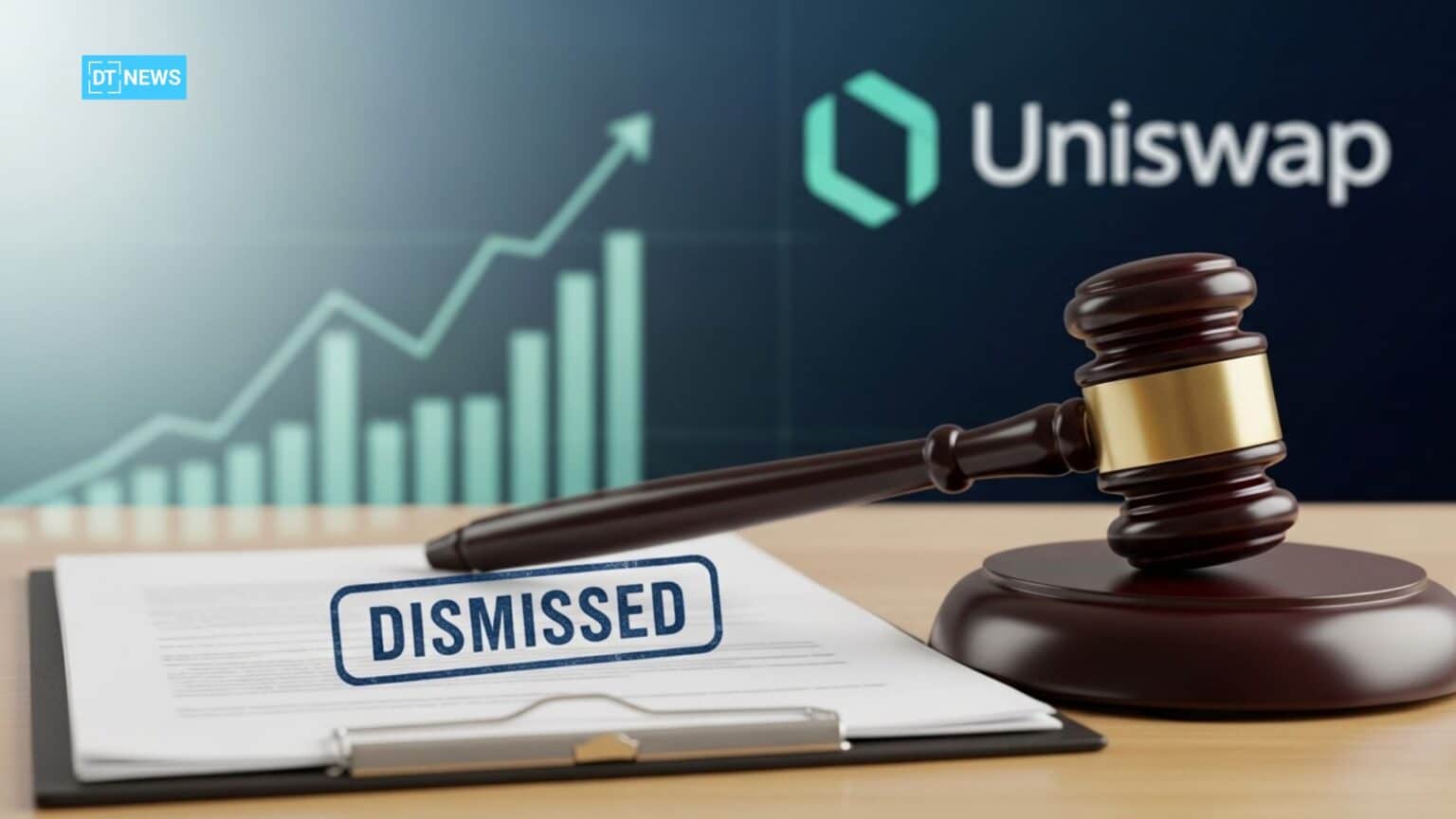Crypto Market Sell-Off: Geopolitics, Liquidations and $500M Fallout
This article was first published on Deythere. Crypto market sell-off marked a challenging…
Vitalik Says Ethereum Smart Accounts Are Finally “Within a Year”
Ethereum’s long-awaited upgrade to introduce account abstraction, popularly called Ethereum smart accounts, …
Cardone Capital Prepares Blockchain Tokenization of Property Assets
Cardone Capital tokenization is no longer a quiet concept as it is…
Bitcoin Price Rebound Faces Headwinds From UN Alarm, Hormuz Oil Risks
This article was first published on Deythere. Bitcoin price fell on weekend geopolitical…
How Layer 0 Protocols Unlock Cross-Chain Blockchain Growth
Layer 0 protocols are becoming the key foundation for blockchain interoperability, changing…
How Trump Bitcoin Influence Reshapes Market Sentiment and BTC Volatility
Trump Bitcoin influence continues to be a significant factor in the cryptocurrency…
Top Altcoin Rotation Backed by Liquidity and On-Chain Metrics
Crypto markets are increasingly seeing the return of capital rotation into high-activity…
Aptos Price Prediction: APT Surges 13% After $1 Breakout
Aptos price prediction has taken center stage after APT surged 13% in…
Ripple and t54 Labs Target Regulated AI Payments in $5M Seed Funding Round
This article was first published on Deythere. San Francisco startup t54 Labs…
NEAR Liquidity Sweep Clears $1.26 as Traders Reprice the $1.35 Route
This article was first published on Deythere. Near Protocol’s token moved on…








































